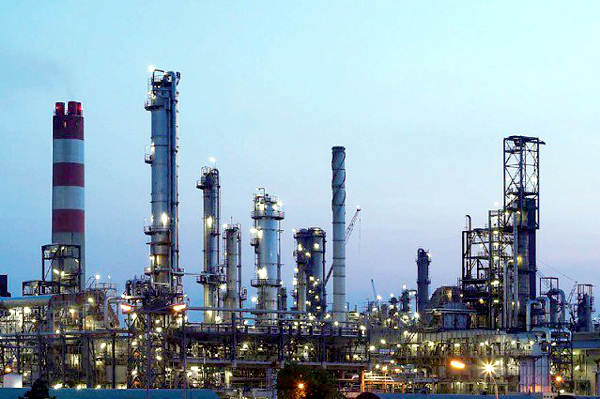The Oil Companies Advisory Council (OCAC) has warned the government that the proposed carbon and petroleum levies on furnace oil could have a devastating impact on refineries.
These refineries rely on furnace oil for various operations such as fueling furnaces, boilers, and power generation.
OCAC Chairman Adil Khattak stated that the imposition of these levies on furnace oil used internally would cause a substantial rise in operational costs, potentially leading to losses and even refinery closures. He cautioned that the levies could increase furnace oil prices by over 80%, putting refineries, shipping companies, and independent power producers (IPPs) at risk.
Khattak raised concerns about a potential disconnect between power and petroleum sectors, suggesting either a lack of awareness about the consequences or a deliberate attempt by the import mafia.
Under the terms of the International Monetary Fund’s Resilience and Sustainability Facility, the government plans to impose both a carbon levy and a petroleum levy on furnace oil starting July 1, 2025.
This will be the first time the government applies Rs79.5 per litre in levies, consisting of Rs77 for the petroleum levy and Rs2.5 for the carbon levy. This will raise furnace oil prices by Rs85,000 per ton, or 57%, bringing the cost to around Rs235,000 per ton, which may reduce demand.
If international crude oil prices remain above $75 per barrel, furnace oil prices could rise by 67%, reaching Rs250,000 per ton. The government estimates that the new levies will generate Rs75 billion in revenue from approximately 0.9 million tons of furnace oil consumed in FY 2024-25.
Over the past three years, Pakistan’s furnace oil consumption has declined by an average of 40% per year. A decade ago, furnace oil demand was around 9.2 million tons, with the power sector as the primary consumer.
However, coal and liquefied natural gas (LNG) have replaced furnace oil, reducing its share in electricity production to just 1.5%. Local refineries produce around 2.5 million tons of furnace oil, with 1.5 million tons exported annually.
The drop in furnace oil sales may not significantly affect oil marketing companies (OMCs) due to its small share in total revenue. However, refineries, where furnace oil comprises about 24% of the production mix, may face challenges.
Refineries could focus on exporting surplus furnace oil, but this might hurt gross revenue margins (GRMs), as furnace oil typically sells at a discount in export markets. A $5 per barrel discount could reduce GRMs by 12%.




